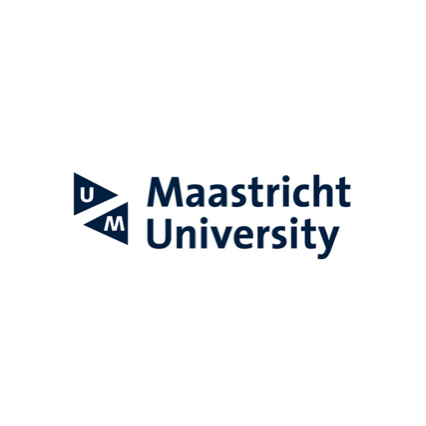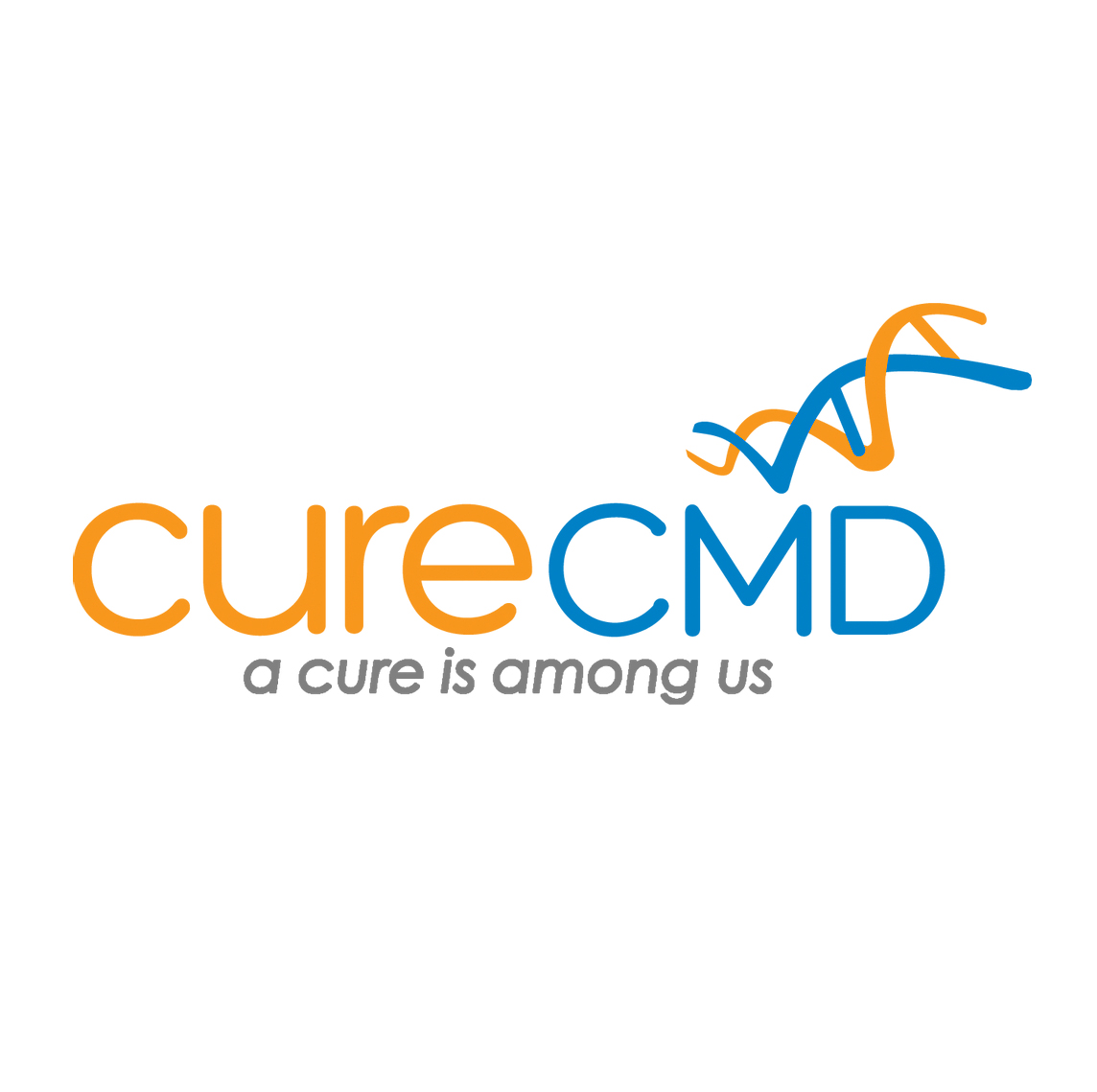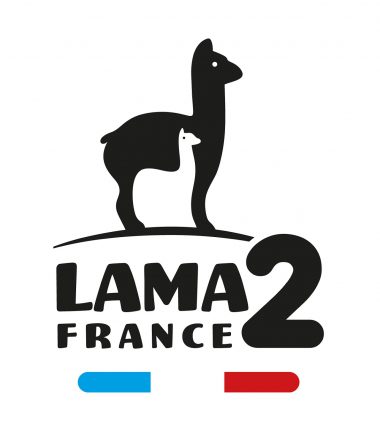A look at the 2019 MDC1A Conference
The experts on MDC1A

The clinical spectrum of MDC1A
Investigator at the Neuromuscular and Neurogenic Disorders of Childhood Section - National Institutes of Health, USA. Dr. Reghan Foley is specialised in pediatric neuromuscular diseases.

Clinical management of MDC1A
H. Sawnani, M.D. is a pediatric pulmonologist at the Cincinnati Children’s Hospital in the USA. His interest lies with pulmonary care for patients with muscular dystrophy.
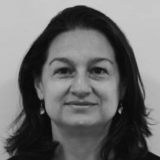
Genotype-phenotype correlations in MDC1A and CMD
Honorary Senior Lecturer and Consultant in Neuromuscular Diseases at the Dubowitz Neuromuscular Centre at the UCL Institute of Child Health and Great Ormond Street Hospital for Children, London, UK

Therapeutic strategies for MDC1A
Head of the Department of Experimental Medical Science and Professor of Muscle Biology at Lund University, Sweden
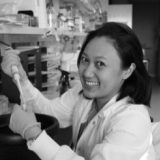
Gene therapy for MDC1A
D. Kemaladewi is an Assistant Professor at the University of Pittsburgh, USA. Her research focusses on underlying molecular mechanisms of muscular dystrophies.

Stem cell therapy in congenital MD
Constance Thornley Professor of Regenerative Medicine, position in Extended Committee and clinical expert and cell therapy.
Frequently asked questions
Conference in 2020/2021
After the succes of the first conference in November 2019, we aim to organise a second conference on MDC1A in 2020 or 2021. We will keep you posted on this website. In the meantime, check our knowledge page for the latest research results and other news.




